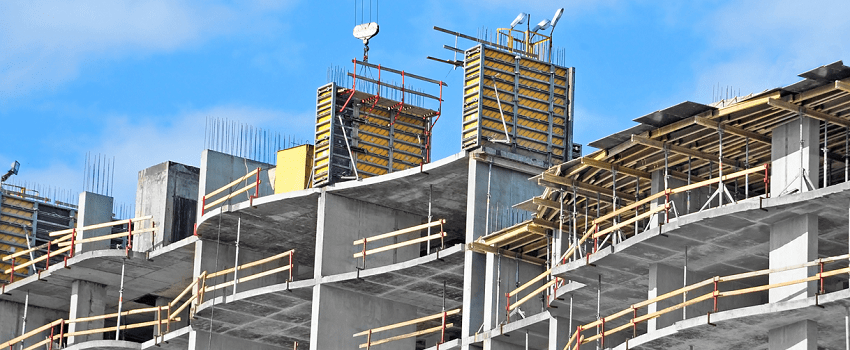The next phase of building reform in NSW begins
In January 2020, the NSW Government announced its legislative strategy to restore public confidence in the building sector by 2025. The next phase has now commenced with the introduction of four proposed changes to the legislative framework. The proposed bills and regulations are open for public consultation and will be introduced in NSW Parliament in […]









